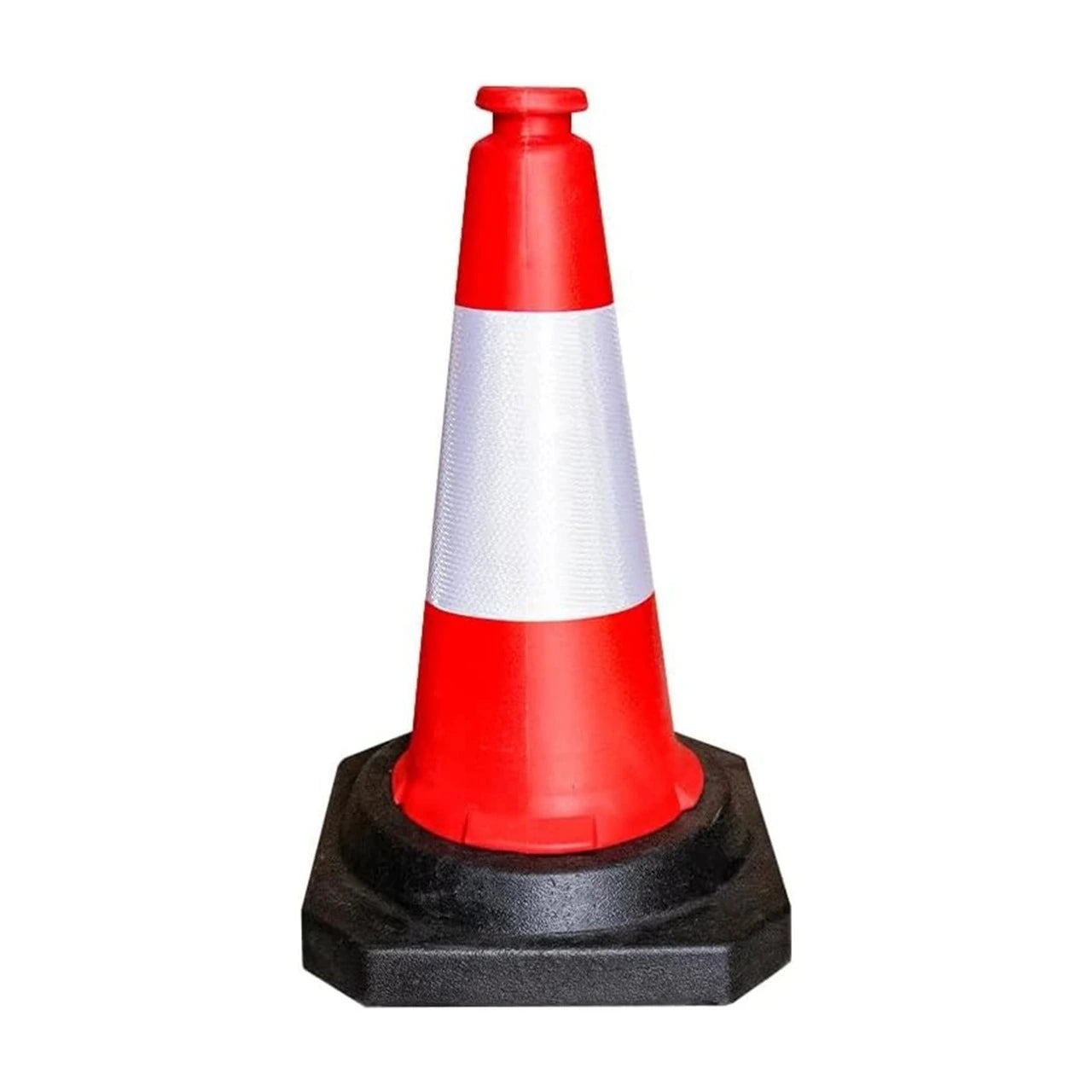When it comes to road management and workplace safety, traffic pylons are more than just bright markers , they’re critical for visibility, order, and accident prevention. However, not all pylons are created equal. Choosing between standard and premium traffic pylons UK can make a big difference in terms of durability, performance, and long-term value.
This guide breaks down the key differences so you can make an informed decision for your site, ensuring both safety and compliance.
Material Quality and Construction
The main distinction between standard and durable traffic pylons lies in the materials used. Standard versions are often made of lightweight plastic that’s cost-effective but less resistant to impact and weather conditions.
Premium pylons, on the other hand, are built from high-density PVC or rubber composites. They’re UV-resistant, flexible, and capable of withstanding heat, cold, and heavy vehicle pressure without cracking or fading.
Why it matters:
Better material quality equals longer service life, reduced replacement costs, and more consistent performance in demanding environments like highways or construction zones.
Visibility and Reflectivity
Safety depends heavily on how visible your equipment is. Reflective road safety pylons offer high-intensity reflective bands that remain visible even in low-light or rainy conditions.
While standard pylons usually feature basic reflective strips, premium ones are tested for brightness and reflectivity according to international standards. These bands are heat-sealed to prevent peeling and retain their shine for years.
In short:
If your site operates at night or in poor weather, investing in traffic pylons with reflectors ensures enhanced driver awareness and fewer accidents.
Weight and Stability
Standard pylons tend to be lighter and easier to transport, but they can be easily displaced by wind or passing vehicles. Premium options feature a heavier base or integrated weighting systems for improved stability.
They are particularly useful in high-traffic zones, motorways, or airports where movement or tipping could cause serious safety hazards.
Longevity and Cost Efficiency
While standard models may appear budget-friendly initially, their shorter lifespan often leads to frequent replacements. Durable traffic pylons are designed for long-term use — a more cost-effective choice over time.
Premium pylons resist UV damage, maintain shape after impact, and stay vibrant longer. The overall cost per use drops significantly, especially for municipalities, contractors, or large-scale projects.
Customization and Branding Options
Many premium traffic pylons UK suppliers offer customization options, allowing you to print company logos or add identification markings. This not only improves brand visibility but also helps track equipment and prevent loss during public projects.
Conclusion
Both standard and premium traffic pylons have their place — but for high-demand environments where safety and durability are non-negotiable, premium models are the smarter investment.
Features like high-grade materials, reflective bands, and enhanced stability make reflective road safety pylons an essential choice for professionals who prioritize reliability. Whether you’re managing a construction site or public road, upgrading to traffic pylons with reflectors ensures better visibility, fewer replacements, and a safer environment for everyone.
FAQs
1. What are premium traffic pylons made from?
They’re typically made of heavy-duty PVC or rubber compounds that resist impact, UV rays, and temperature fluctuations for long-term performance.
2. Are reflective pylons better for nighttime use?
Yes. Reflective road safety pylons enhance visibility in low-light conditions, helping drivers and workers spot lane changes, hazards, or work areas more easily.
3. Why invest in durable pylons instead of standard ones?
Durable traffic pylons last longer, resist wear, and reduce maintenance costs over time, making them ideal for busy or high-risk environments.
